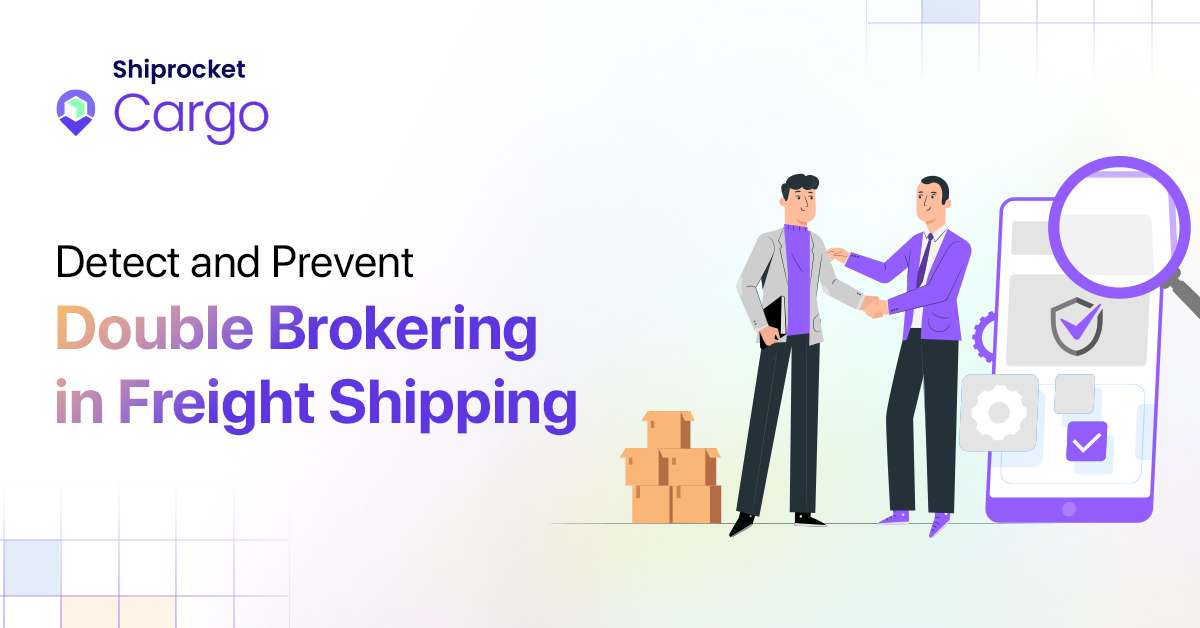Affordable Bulk Carriers: Effective Ways to Reduce Bulk Courier Charges
When planning to ship goods domestically or internationally, it is important to ensure that the expense for it is within your budget. When you run a business, shipping becomes a big expense that cuts your profits. Ever wondered how you can ship large quantities at an affordable rate? Are there any tips to cut costs in shipping? Businesses that want to effectively control their operational costs while also fulfilling bulk orders need to make the right choices. Bulk carriers are now available and you can optimise your courier services while having a huge impact on your business, irrespective of being a procurer, manufacturer, or distributor.
This blog details different methods of cutting costs on bulk couriers. It also outlines an approach for cost-effective and affordable shipping solutions.
Different Types of Bulk Carriers
Bulk carriers can be divided into four categories. These include the following:
- Dry bulk carriers: These carriers are used for transporting dry cargo like coal, grain, wood, potash, steel, cement, and other materials. Handymax vessels are used for this purpose and are good for smaller ports that have size restrictions.
- Oil tankers: These carriers are used for transporting oil.
- Chemical tankers: These carriers are used for transporting chemicals like solvents, industrial chemicals, acids, and food-grade liquids.
- Gas carriers: These carriers are used for transporting liquified gases like LNG and LPG (liquefied petroleum gas).
By size, bulk carriers are categorised into the following:
- Small carriers
- Handysize
- Handymax Panamax
- Capesize
- Very Large Ore Carriers (VLOC)
7 Ways to Cut Costs on Bulk Courier
Cutting costs is possible when it comes to bulk shipping. Here are seven different ways to cut costs on bulk carriers:
- Correct packing strategies and handling: Transportation can be made efficient by correct handling and loading of the goods along with the right packing. Spend your financial resources on robust and concise packing. Moreover, you must tactically stack your shipments during loading, completely eliminate the requirements for multiple carriers, and maximise the space within a container.
- Negotiate long-term contracts: The simplest method to minimise the fees for bulk carriers is to establish long-term contracts. Long-term contracts give the shippers and the merchants stability; they offer discounted prices and ensure cost savings.
- Leverage bulk shipping consolidators and part truck load services: Bulk shipping partners combine shipments from different businesses into a single large shipment. Thus, each party using the carrier will have to pay less than the original price. These businesses can also help your company save cost on transportation while providing reliable and secure service.
An alternative for this can be choosing part truck load transportation deliveries. It is a technique where truckers hold onto their cargo and shipments until a full load can be achieved. The truck partner will pick up partial shipments from different locations and deliver them to the customer’s location.
- Streamline shipping routes and transportation methods: Reviewing your shipping routes is important to manage expenses. You can also reconsider your transportation options to save more; it depends on the transport method most suitable for your product and the delivery destination. You can consider alternative routes and transport modes to minimise operational costs.
- Adopt technology and real-time tracking: Efficiency can be enhanced for bulk shipping by adopting modern technologies and tracking tools. With real-time courier tracking, you will be able to keep an eye on the whereabouts of your cargo during the entire journey of shipping. It also minimises the possibility of damage and loss. Furthermore, streamlining routes and modes of transportation will help you save on shipping charges and time. It also allows you to reduce your carbon footprint.
- Use bulk carrier specialisation: Moving specific types of cargo like dry, liquid, and containerised bulk is a speciality of several bulk carriers. By choosing carriers with prior shipping experience, you will be able to ship specific kinds of cargo while enhancing the overall efficiency of your operations and reducing the risk of damaging your shipments.
- Optimise documentation and customs processes: When you want to ship your products overseas in bulk, you will need to effectively manage paperwork and customs processes. Delays in customs duties might result in added taxes and storage costs. Further efficiency can be achieved by going digital and working with customs professionals. It can fasten clearance processes and save related costs.
Factors Influencing the Cost of Bulk Carriers
Here are some of the major factors that influence the cost of bulk carriers:
- Fuel: Fuel prices directly affect the cost of shipping, and that cost is passed along from the shipper to the customer.
- Distance: The farther the distance, the higher the price, as the fuel and transportation expenses increase with the distance travelled.
- Freight density: Freight carriers use freight density to calculate the freight class of the shipment, which in turn determines the shipping cost. The higher the freight class, the higher the shipping cost.
- Demand: During periods of high demand for shipping space, there will be enormous volumes of goods to ship, and users will compete for the limited capacity. As a result, shipping companies might charge higher prices for the limited space.
- Dimensional weight: Dimensional weight determines the ‘minimum’ weight of a box based on its dimensions. This ensures that lightweight but bulky packages are priced according to the space they take up, not by their actual weight. If the dimensional weight surpasses the physical weight, the carrier charges based on the higher value. This ensures carriers charge as per the space the shipment occupies in their vehicles.
- Geopolitical conditions: Global geopolitical events, trade policies, and economic sanctions can also influence ocean freight costs. Tensions in key maritime regions can lead to rerouted shipping lanes, longer transit times, and increased security measures, thus contributing to higher costs.
Approach Shiprocket Cargo for Cost-Effective Bulk Shipping
Shiprocket Cargo offers a comprehensive B2B cargo shipping solution designed to make bulk shipping cost-effective and efficient for all sellers. With technology-enabled solutions, Shiprocket Cargo provides services such as Full Truck Load (FTL), Partial Truck Load (PTL), and Air Cargo, covering over 24,000 pin codes across India. It boasts of up to 40% reduction in shipping costs, real-time tracking, AI recommendations for courier partners, and dedicated support. The platform is user-friendly, offering features like easy shipment creation, courier partner selection based on AI, and seamless package shipping.
Conclusion
Shipping cargo in bulk can reduce profits if you don’t plan it well. Several barriers could increase your shipping costs and hence understanding different methods to minimise those costs can help you save largely. You can also join forces with other businesses and share a container to minimise costs. When you save on shipping costs, you can use that money to expand your business more rapidly. Understanding the shipping price dynamics and timely revising your strategies can help you optimise your shipping costs.
The industries that mostly use bulk cargo shipping include manufacturing and construction, energy, farming and agriculture, mining, and automotive among various others.
It saves you time and money. It also requires manual handling and reduces the overall environmental impact. With bulk cargo shipping, you can also enjoy huge discounts and save money on packaging. It is a cheaper option to ship products in bulk.
Bulk cargo shipping is characterised by several challenges. These include size and weight limitations, documentation and compliance, planning and logistics, loading and transportation, and schedule and timing.


